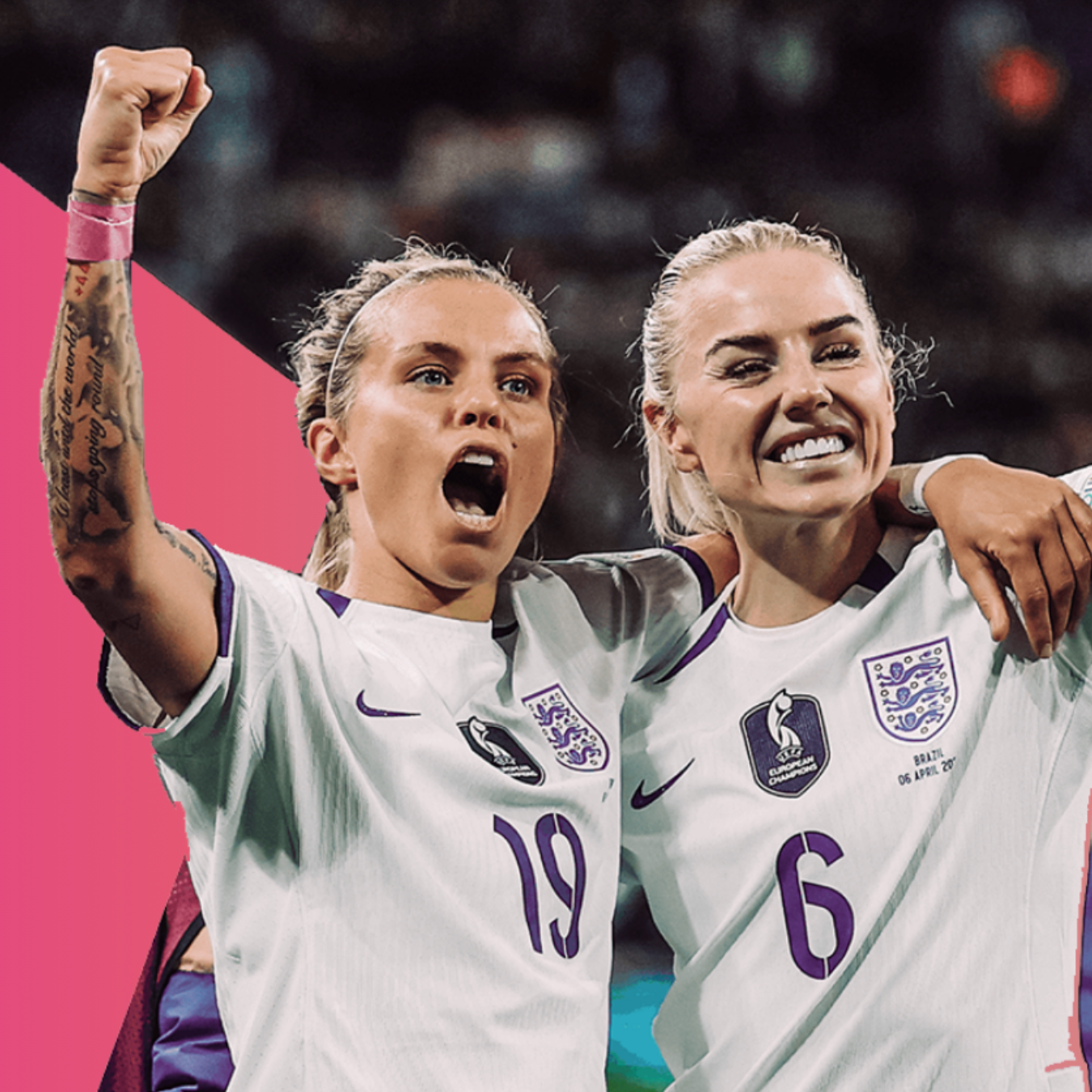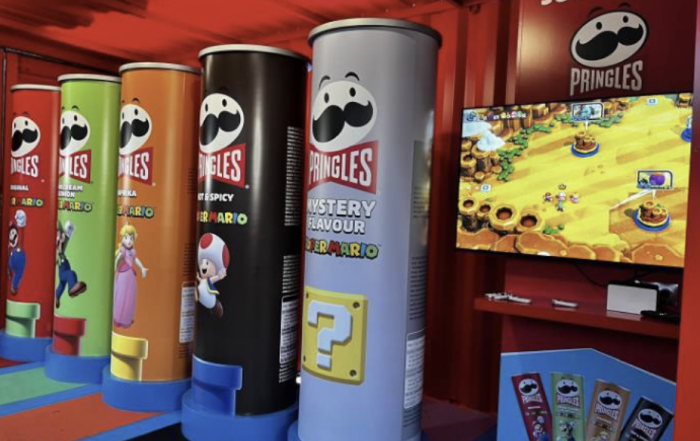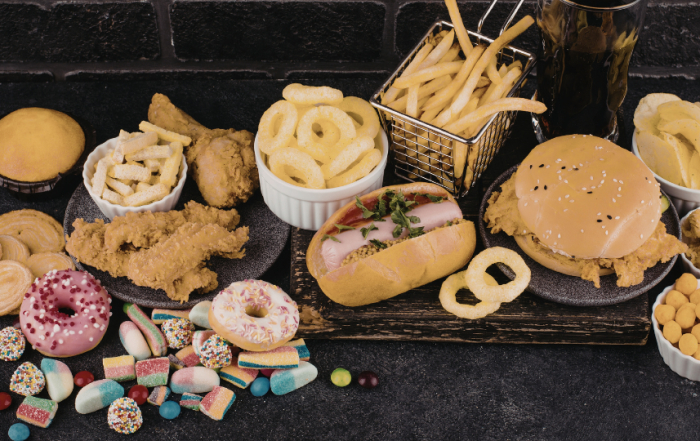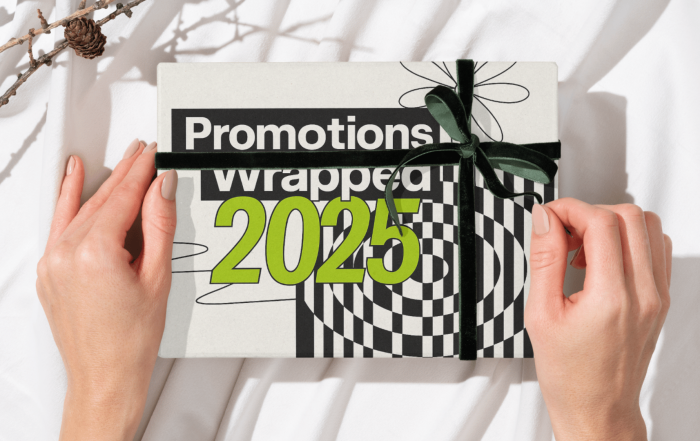With UEFA Women’s Euro 2025 lighting up stadiums from Zürich to Basel, brands are once again asking a billion‑euro question: how can a surge of passion be turned into lasting value? In a recent IPM webinar, Emma Kirk (General Manager, IPM) spoke with Annabelle Ng (Head of Partnerships, Manchester City Women) and Mike McDonnell (Senior Partnership Strategist, Zeal Creative) to explain why the women’s game is now sport’s most exciting growth arena and what marketers must do to score. Their discussion traced the rise of the Lionesses, the founding of the WSL, the influence of TikTok stars and the power of grassroots revolutions. They highlighted real world case studies: Weetabix turning BOXPARK into a breakfast stadium during the 2023 Women’s World Cup; Revolut used fintech to remove ticketing friction for fans; and Snuggs shattered period taboos by becoming Manchester City Women’s official period‑underwear partner, using demos and education to meet long‑ignored athlete needs. Their verdict was clear: women’s football is no passing moment; it is a movement, and the invitation for brands to join has never been stronger.

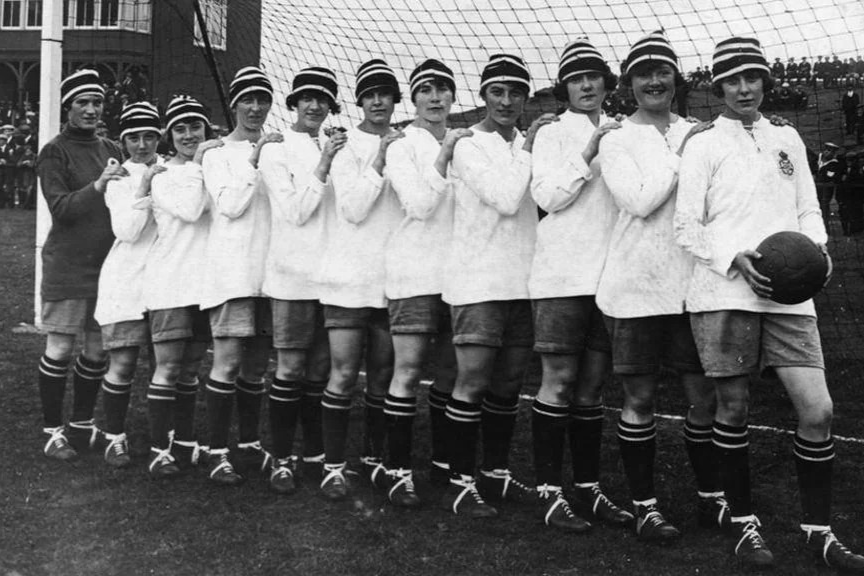
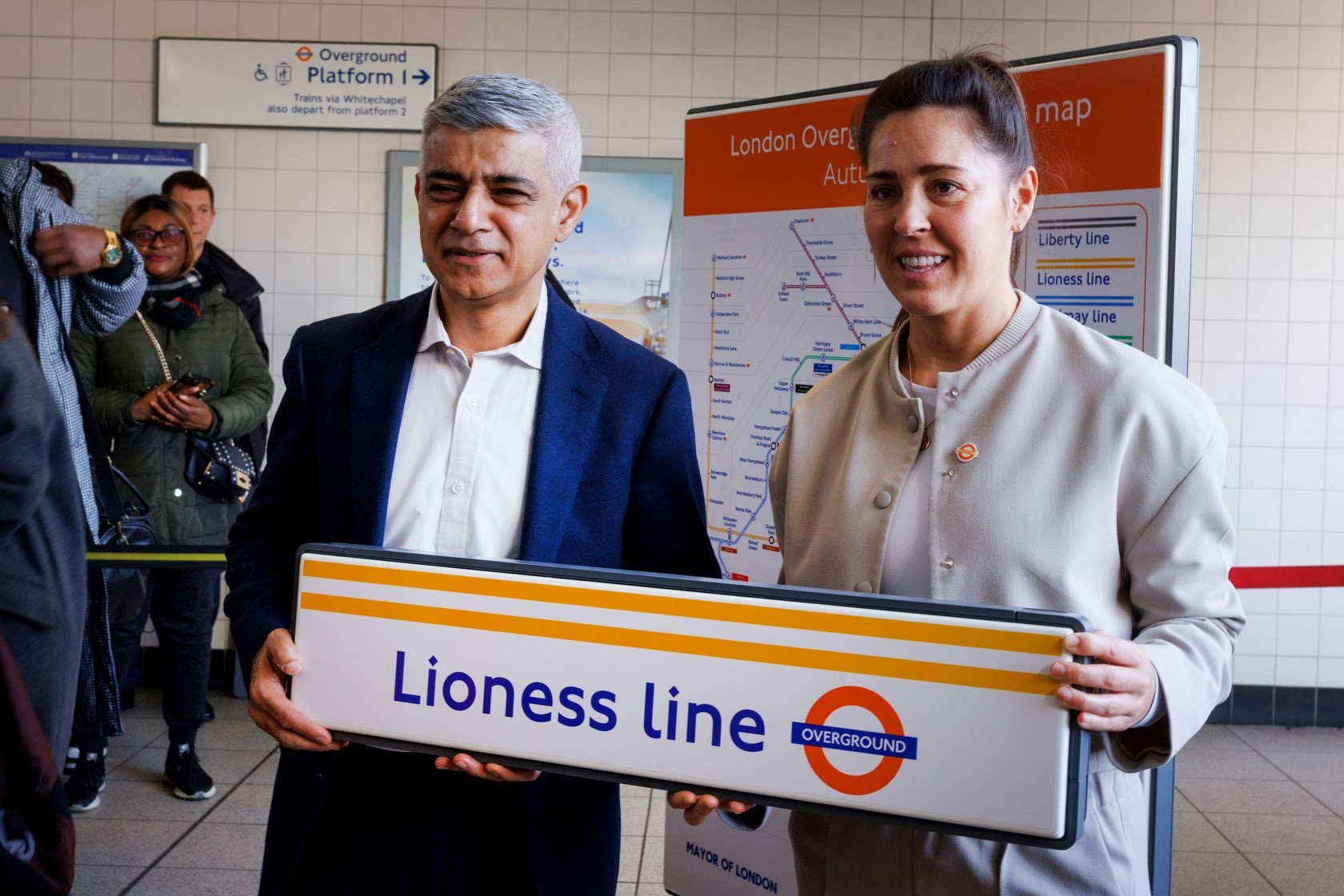
The Rise of the Lionesses
Emma Kirk begins with a historical rewind. During World War I, the women’s game was booming, drawing crowds of over 50,000. Until the FA’s December 1921 ban deemed it “unsuitable for females.” That prohibition lasted 50 years. Although the Women’s Super League (WSL) launched in 2010 to rebuild the sport’s foundations, it was the Lionesses’ Euro 2022 triumph and their 2023 World Cup final run that truly ignited national momentum. These milestones drew record-breaking attendances and even inspired London’s dedicated “Lionesses Line” train service.
Fast forward to 2025, and “women’s football isn’t just visible, but part of the sporting mainstream.” Emma backs this claim with fresh data: 44.7 million people in the UK watched women’s sport broadcasts in 2024, WSL fixtures now draw crowds of 60,000+, and a global study by Zeno Group shows consumers are four to six times more likely to purchase from brands that actively support women’s sport. In an increasingly competitive landscape, where trust and purpose drive consumer loyalty, this kind of brand alignment isn’t just smart. It’s necessary.

City Women: Pioneers of Change
“We like to think of ourselves as pioneers of the sport,” says Annabelle Ng, Head of Partnerships at Manchester City Women. She points to 2014, when the club became the WSL’s first fully professional side, and the investments that followed: a £10 million training campus, a 7,000-seat stadium, and an all-female senior leadership team. But infrastructure is only half the story. “Reach,” she adds, “is the other half of the equation.” With every home match broadcast free-to-air on BBC One and iPlayer, City Women enjoy a national platform that “no pay-TV men’s team can match.” That visibility is amplified online. Striker Mary Fowler has “just over two million followers on TikTok” and regularly breaks the million-view mark with behind-the-scenes clips. From locker-room tutorials to mental health reels, the team’s content connects with a Gen Z audience who see them as real, relatable role models. The result, Ng says, is a perception of the sport as “more humble, inclusive and respectful”, a halo that now lifts the entire City Football Group.
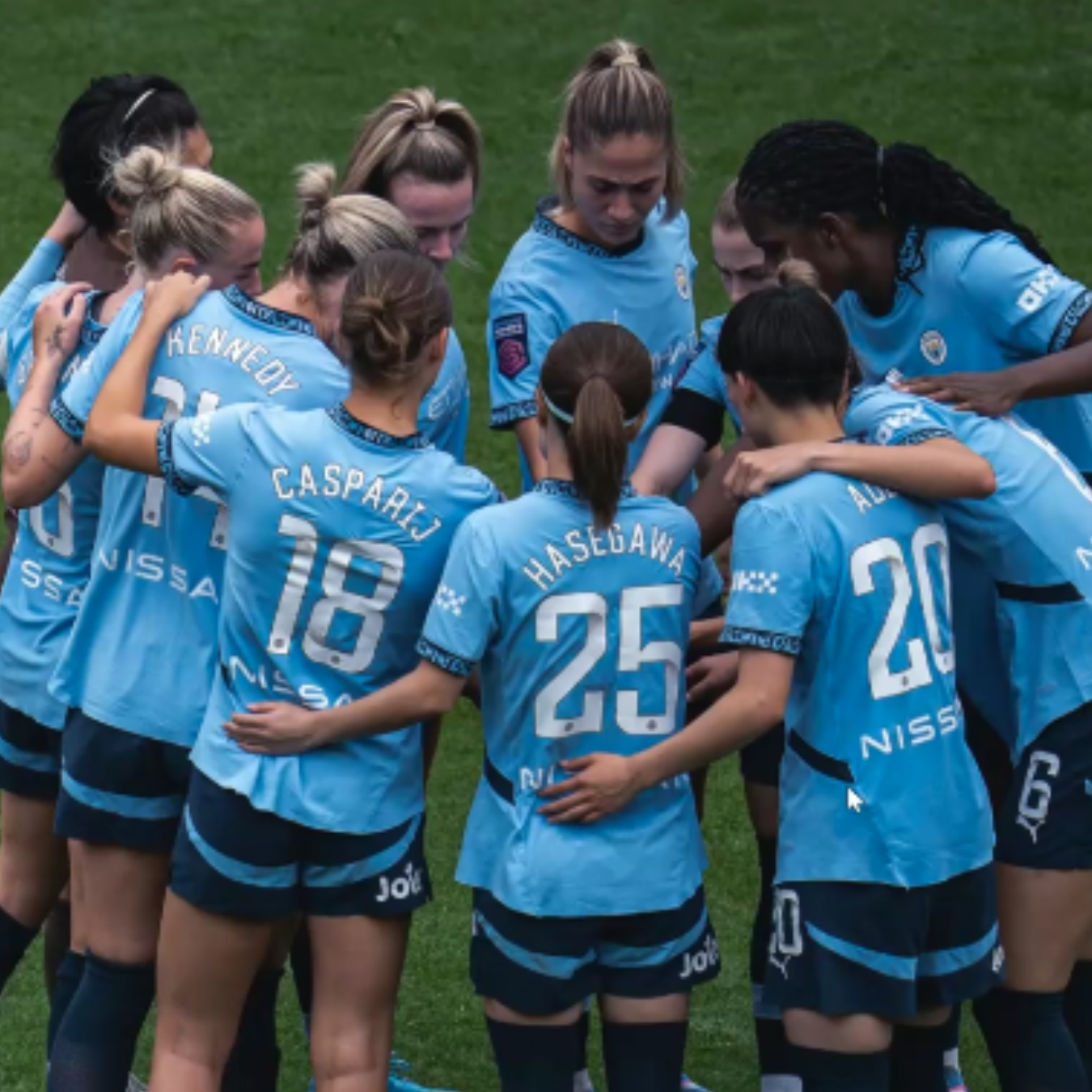
“Every £10,000 that comes into women’s football goes straight back into the pyramid, funding pitches, players and progress. You’re not just sponsoring a badge; you’re shaping a movement.”
Pitch Perfect Partners
When Joie, makers of baby gear and family essentials, considered renewing its Liverpool deal, the brand instead chose to invest its entire budget into naming rights for Manchester City Women’s stadium. Annabelle explains that it, “felt truer to their audience and values.” Fintech giant Revolut followed suit, not just for visibility, but to solve a real pain point for supporters: linking account sign-ups to ticket access and exclusive content, making it easier for fans to engage. But the most personal partnership for Ng comes from Snuggs, City’s Official Period Underwear Partner.
“As a woman, it was something that had affected me growing up,” she says. “These conversations weren’t being had. And now we’re having them, with the right role models, in the right way.” More than a logo on a kit, Snuggs funds menstrual-health workshops in the academy and has sold over 17,000 co-branded units at £30 apiece, selling out in three months and prompting a restock. These brands are actively choosing to stand alongside a team that represents progress, purpose and the power of sport to drive real cultural change, and in doing so, they are also realising the commercial rewards.
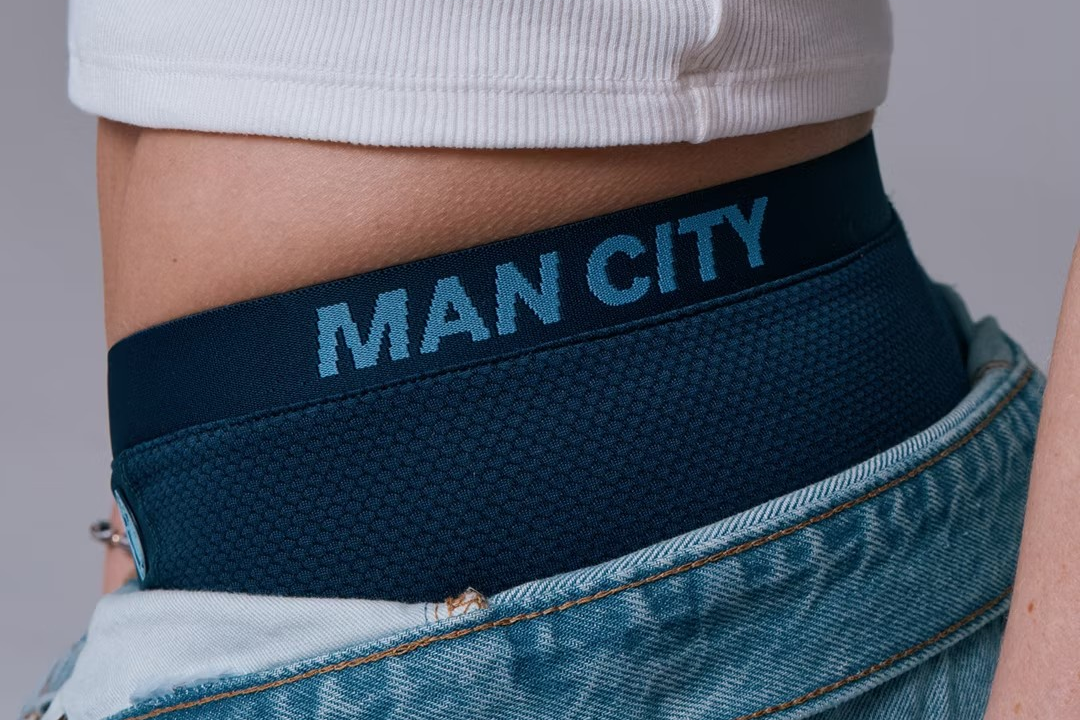
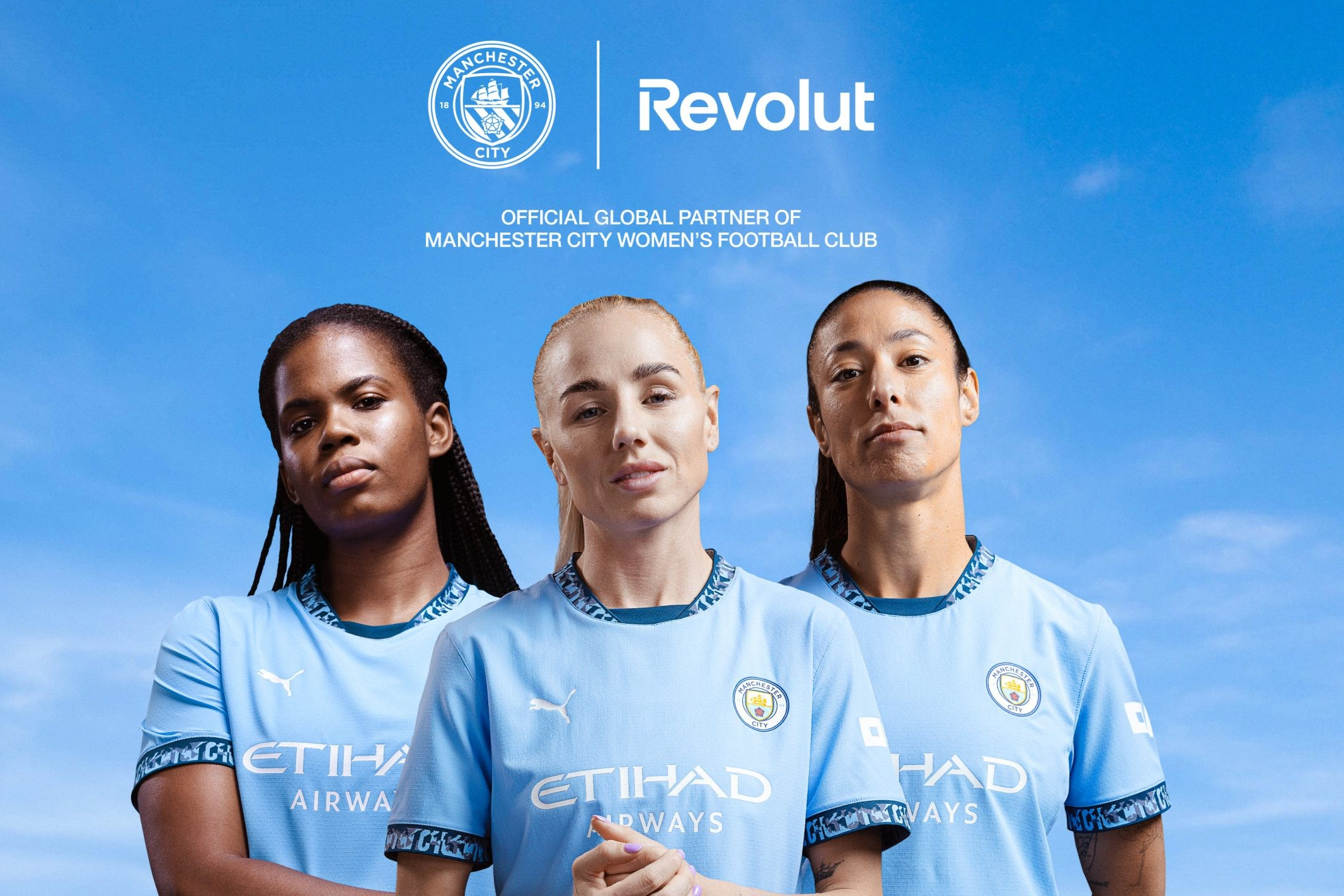
Zeal’s Partnership Quadrant
Mike McDonnell, Senior Partnership Strategist at Zeal Creative, dismantles the “logo-on-a-backdrop” mindset. With broadcast reach fragmenting and attention spans shrinking, brands that merely “rent” visibility risk fading into the noise. “Partnerships are a shorthand between culture and brands,” he explains, before introducing ZEAL’s Partnership Quadrant. For a collaboration to succeed, it must serve four key stakeholders: the Brand, by shifting sales or equity; the Consumer, by offering genuine value; the Retailer, by earning extra space and relevance in-store; and Culture, by sparking a conversation large enough to matter. Otherwise, he warns, it risks becoming “cardboard wallpaper in the most crowded football season on record.” Football, he reminds the room, is the ultimate canvas: “There’s no greater influence on culture than football. It’s global, it has no borders, and the whole world seems to stop during key moments in the football calendar.”
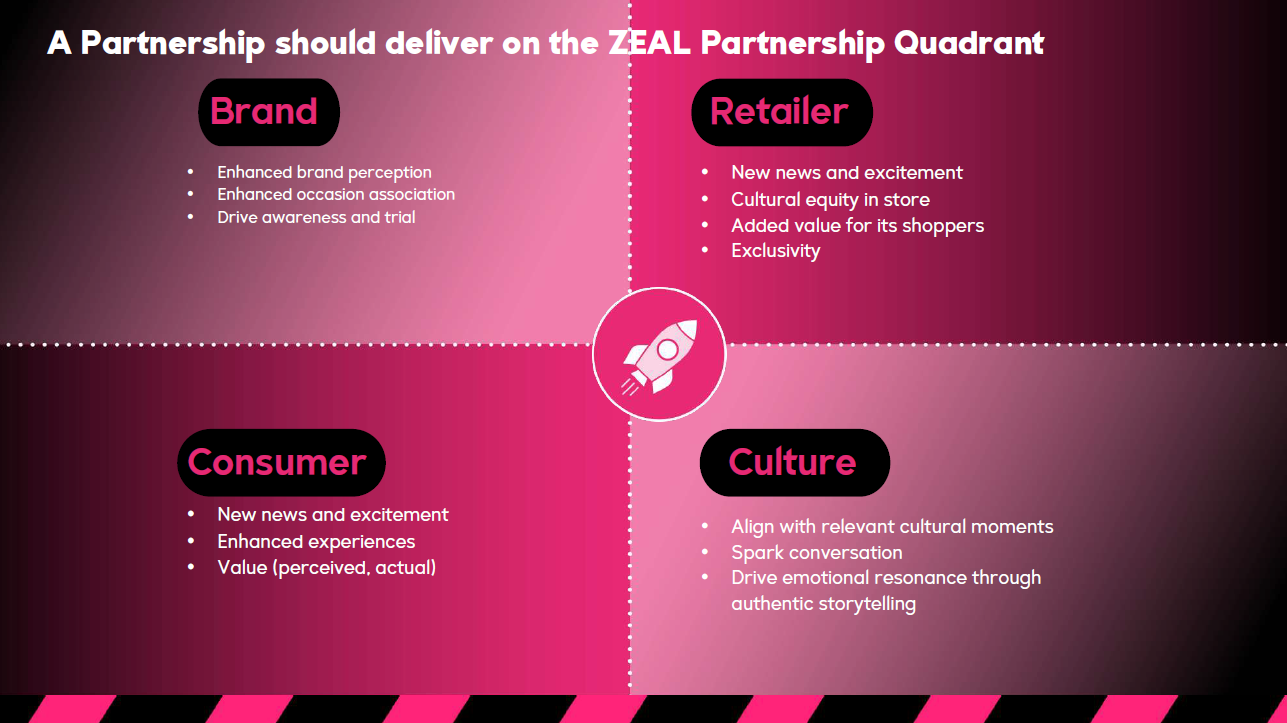
BOXPARK Breakfast by Weetabix
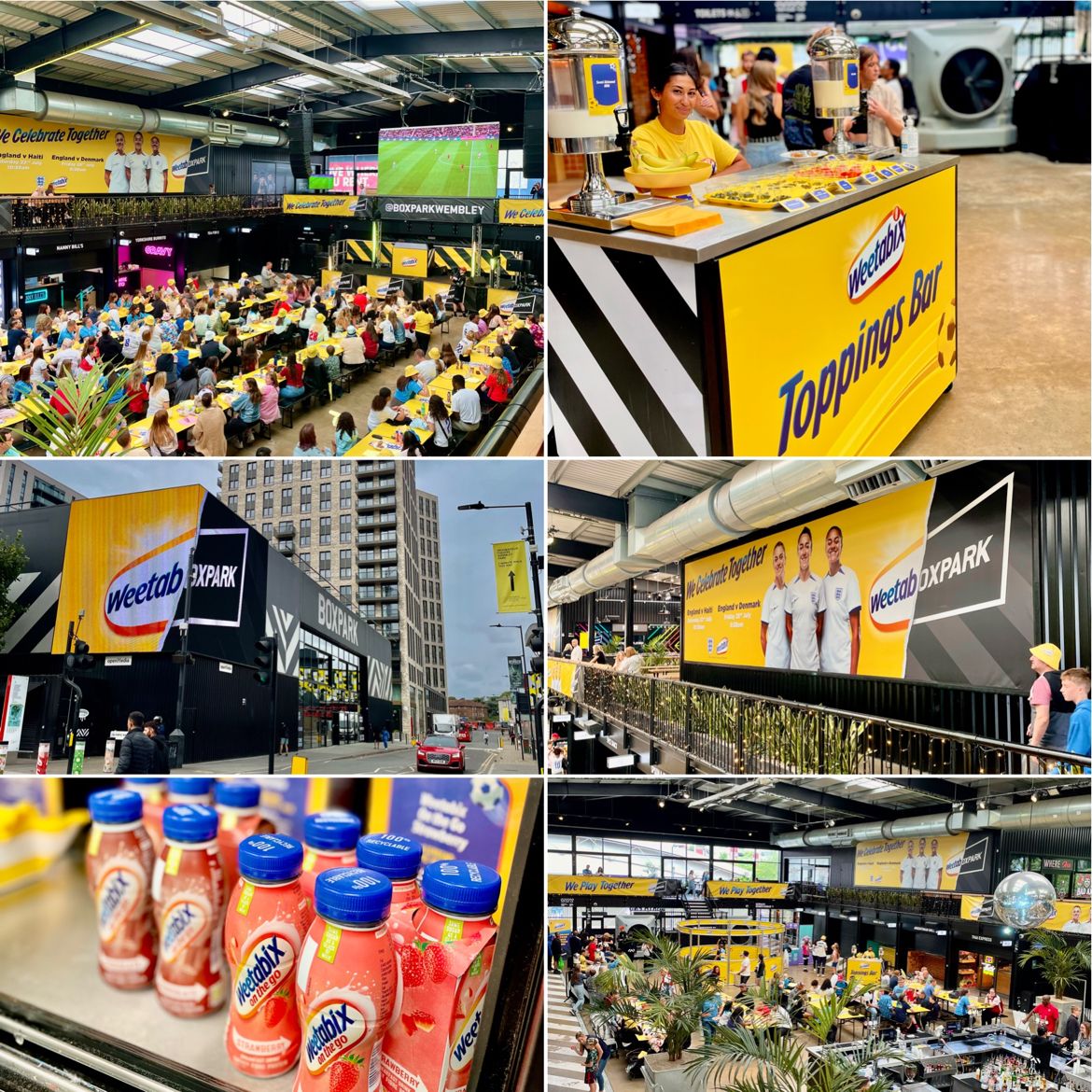
To prove the power of cultural timing, McDonnell points to Weetaboxpark, a bold breakfast takeover of Wembley’s BOXPARK during the 2023 Women’s World Cup in Australia. “It was like the brand gods had aligned. The time difference meant every England game kicked off at eight in the morning, the perfect moment for Weetabix to own,” he recalls.
With cereal suddenly centre stage, Zeal transformed BOXPARK from pint-splashing chaos into a family breakfast hub. They served 15,000 steaming bowls, set up bright yellow five-a-side courts, and brought in original Lionesses to lead mini coaching sessions. Sky Sports and the BBC cut live to the crowd, turning the activation into morning TV. In store, ten million limited-edition packs with instant-win codes pulled shoppers back from own-label rivals.
User-generated social posts surpassed nine million views, while media coverage reached 400 million. The campaign stabilised sales decline and, through the FA’s Weetabix Wildcats programme, funded 1,600 grassroots centres for girls aged five to eleven. McDonnell’s message was clear: own the occasion, feed the culture, deliver real value, and the numbers will follow.
Final Whistle
A century ago, in 1921, the FA banned women from its pitches. In 2025, the Lionesses are once again carrying England’s hopes and galvanising the nation. That arc explains why women’s football has become a cultural main stage. The results speak for themselves. Consumers are four to six times more likely to purchase from brands that actively support women’s sport. Weetabix reversed a two-year sales decline by owning one breakfast slot. Revolut turned ticket friction into two million new accounts. Snuggs broke taboos, sold out 17,000 co-branded units, and funded menstrual health workshops for academy players. Every pound invested goes straight back into pitches, coaching, and grassroots programmes that grow the pyramid for the next generation. This is not a sponsorship opportunity. It is a movement that invites brands to create tangible legacy while earning measurable return. The IPM thanks Emma Kirk, Annabelle Ng and Mike McDonnell for showing how brands are already powering up the women’s game.
The Rise of the Lionesses
Emma Kirk begins with a historical rewind. During World War I, the women’s game was booming, drawing crowds of over 50,000. Until the FA’s December 1921 ban deemed it “unsuitable for females.” That prohibition lasted 50 years. Although the Women’s Super League (WSL) launched in 2010 to rebuild the sport’s foundations, it was the Lionesses’ Euro 2022 triumph and their 2023 World Cup final run that truly ignited national momentum. These milestones drew record-breaking attendances and even inspired London’s dedicated “Lionesses Line” train service.

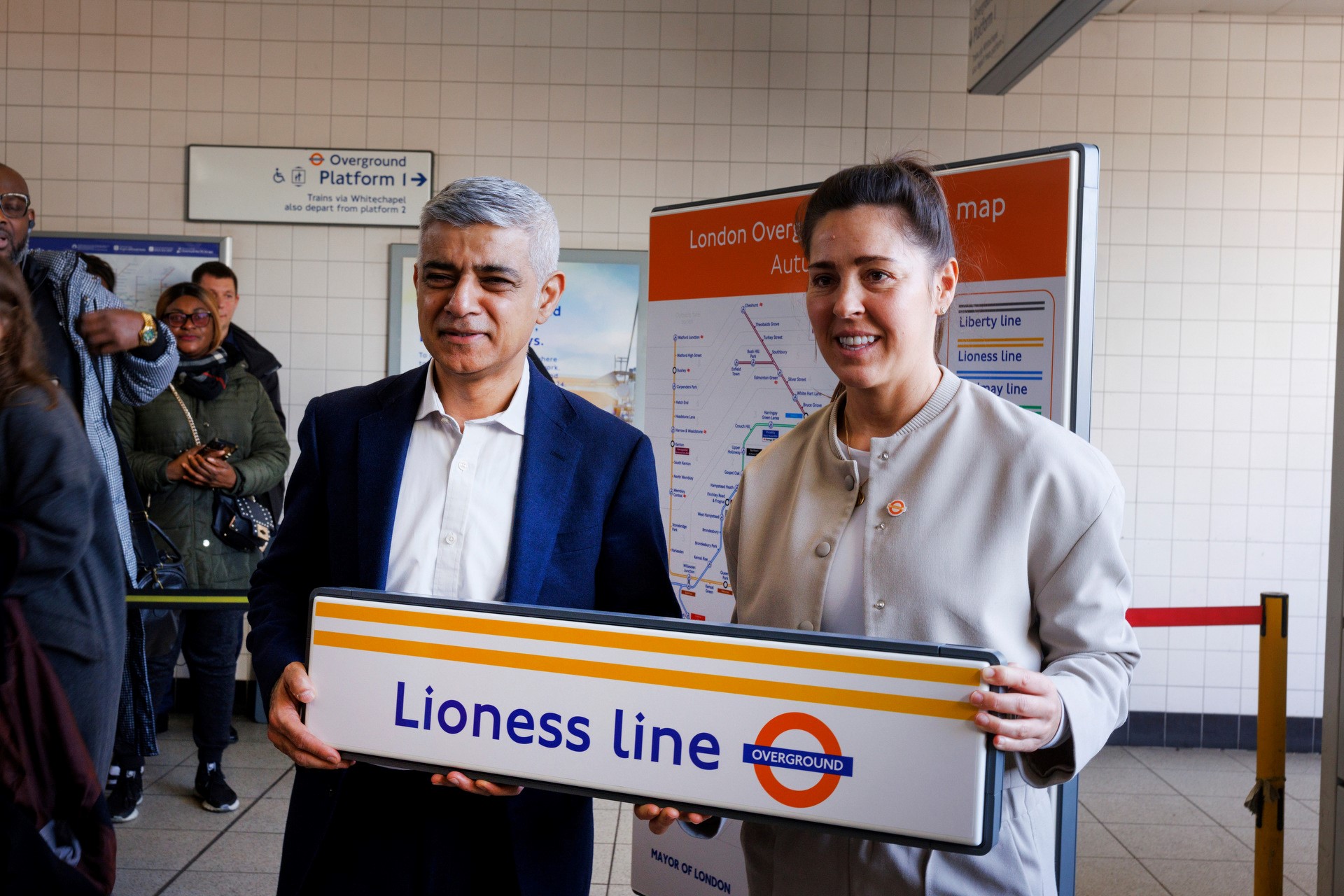
Fast forward to 2025, and “women’s football isn’t just visible, but part of the sporting mainstream.” Emma backs this claim with fresh data: 44.7 million people in the UK watched women’s sport broadcasts in 2024, WSL fixtures now draw crowds of 60,000+, and a global study by Zeno Group shows consumers are four to six times more likely to purchase from brands that actively support women’s sport. In an increasingly competitive landscape, where trust and purpose drive consumer loyalty, this kind of brand alignment isn’t just smart. It’s necessary.

City Women: Pioneers of Change
“We like to think of ourselves as pioneers of the sport,” says Annabelle Ng, Head of Partnerships at Manchester City Women. She points to 2014, when the club became the WSL’s first fully professional side, and the investments that followed: a £10 million training campus, a 7,000-seat stadium, and an all-female senior leadership team. But infrastructure is only half the story. “Reach,” she adds, “is the other half of the equation.” With every home match broadcast free-to-air on BBC One and iPlayer, City Women enjoy a national platform that “no pay-TV men’s team can match.” That visibility is amplified online. Striker Mary Fowler has “just over two million followers on TikTok” and regularly breaks the million-view mark with behind-the-scenes clips. From locker-room tutorials to mental health reels, the team’s content connects with a Gen Z audience who see them as real, relatable role models. The result, Ng says, is a perception of the sport as “more humble, inclusive and respectful”, a halo that now lifts the entire City Football Group.

Pitch Perfect Partners
When Joie, makers of baby gear and family essentials, considered renewing its Liverpool deal, the brand instead chose to invest its entire budget into naming rights for Manchester City Women’s stadium. Annabelle explains that it, “felt truer to their audience and values.” Fintech giant Revolut followed suit, not just for visibility, but to solve a real pain point for supporters: linking account sign-ups to ticket access and exclusive content, making it easier for fans to engage. But the most personal partnership for Ng comes from Snuggs, City’s Official Period Underwear Partner.
“As a woman, it was something that had affected me growing up,” she says. “These conversations weren’t being had. And now we’re having them, with the right role models, in the right way.” More than a logo on a kit, Snuggs funds menstrual-health workshops in the academy and has sold over 17,000 co-branded units at £30 apiece, selling out in three months and prompting a restock. These brands are actively choosing to stand alongside a team that represents progress, purpose and the power of sport to drive real cultural change, and in doing so, they are also realising the commercial rewards.


Zeal’s Partnership Quadrant
Mike McDonnell, Senior Partnership Strategist at Zeal Creative, dismantles the “logo-on-a-backdrop” mindset. With broadcast reach fragmenting and attention spans shrinking, brands that merely “rent” visibility risk fading into the noise. “Partnerships are a shorthand between culture and brands,” he explains, before introducing ZEAL’s Partnership Quadrant. For a collaboration to succeed, it must serve four key stakeholders: the Brand, by shifting sales or equity; the Consumer, by offering genuine value; the Retailer, by earning extra space and relevance in-store; and Culture, by sparking a conversation large enough to matter. Otherwise, he warns, it risks becoming “cardboard wallpaper in the most crowded football season on record.” Football, he reminds the room, is the ultimate canvas: “There’s no greater influence on culture than football. It’s global, it has no borders, and the whole world seems to stop during key moments in the football calendar.”

BOXPARK Breakfast by Weetabix
To prove the power of cultural timing, McDonnell points to Weetaboxpark, a bold breakfast takeover of Wembley’s BOXPARK during the 2023 Women’s World Cup in Australia. “It was like the brand gods had aligned. The time difference meant every England game kicked off at eight in the morning, the perfect moment for Weetabix to own,” he recalls.
With cereal suddenly centre stage, Zeal transformed BOXPARK from pint-splashing chaos into a family breakfast hub. They served 15,000 steaming bowls, set up bright yellow five-a-side courts, and brought in original Lionesses to lead mini coaching sessions. Sky Sports and the BBC cut live to the crowd, turning the activation into morning TV. In store, ten million limited-edition packs with instant-win codes pulled shoppers back from own-label rivals.
User-generated social posts surpassed nine million views, while media coverage reached 400 million. The campaign stabilised sales decline and, through the FA’s Weetabix Wildcats programme, funded 1,600 grassroots centres for girls aged five to eleven. McDonnell’s message was clear: own the occasion, feed the culture, deliver real value, and the numbers will follow.
Final Whistle
A century ago, in 1921, the FA banned women from its pitches. In 2025, the Lionesses are once again carrying England’s hopes and galvanising the nation. That arc explains why women’s football has become a cultural main stage. The results speak for themselves. Consumers are four to six times more likely to purchase from brands that actively support women’s sport. Weetabix reversed a two-year sales decline by owning one breakfast slot. Revolut turned ticket friction into two million new accounts. Snuggs broke taboos, sold out 17,000 co-branded units, and funded menstrual health workshops for academy players. Every pound invested goes straight back into pitches, coaching, and grassroots programmes that grow the pyramid for the next generation. This is not a sponsorship opportunity. It is a movement that invites brands to create tangible legacy while earning measurable return. The IPM thanks Emma Kirk, Annabelle Ng and Mike McDonnell for showing how brands are already powering up the women’s game.
Pringles × Super Mario: The Boss Level Brand Partnership That Won the IPM Grand Prix
Brand Culture, last year’s IPM Grand Prix winners, reveal how Pringles × Super Mario turned a brand partnership into shelf-side excitement, from the Mystery Flavour “question block” idea to collectable character cans.
HFSS Advertising Regulations: What Marketers Need to Know
HFSS regulations have entered a new phase. This article breaks down what the latest rules mean for marketers, where the key risks sit, and how IPM tools and legal support can help.
Promotions Wrapped! Playing Back the Biggest Trends of 2025
From Superman on The Shard to ‘AI slop’, see what cut through in 2025...
News
Pringles × Super Mario: The Boss Level Brand Partnership That Won the IPM Grand Prix
Brand Culture, last year’s IPM Grand Prix winners, reveal how Pringles × Super Mario turned a brand partnership into shelf-side excitement, from the Mystery Flavour “question block” idea to collectable character cans.
HFSS Advertising Regulations: What Marketers Need to Know
HFSS regulations have entered a new phase. This article breaks down what the latest rules mean for marketers, where the key risks sit, and how IPM tools and legal support can help.
Promotions Wrapped! Playing Back the Biggest Trends of 2025
From Superman on The Shard to ‘AI slop’, see what cut through in 2025...


